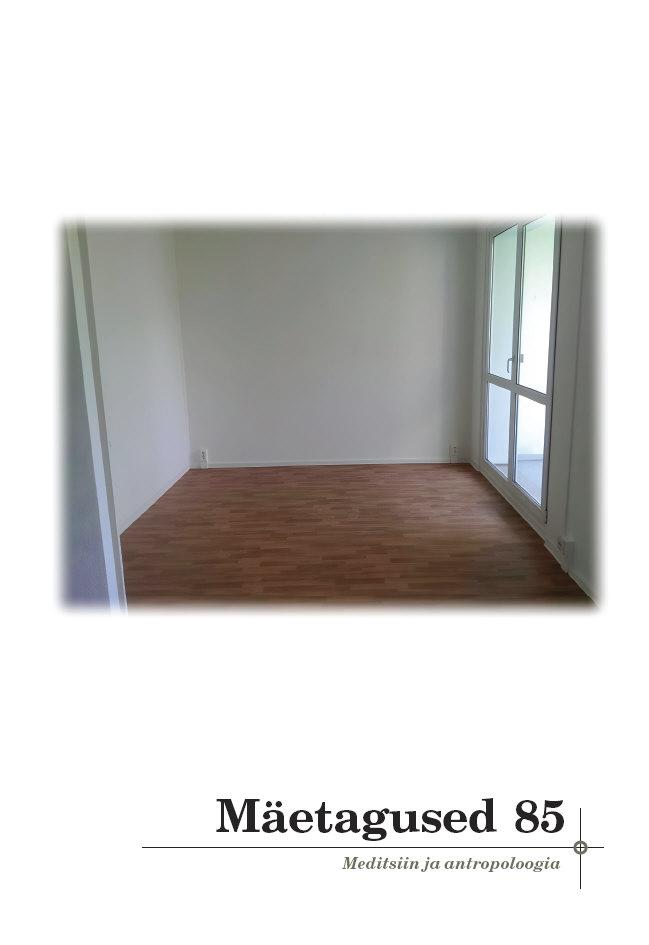Albert Camus’ eksistentsialismi jooni Priit Pärna filmides
Traits of Albert Camus’s existentialism in the films of Priit Pärn
Author(s): Paul Kaspar NurkSubject(s): Customs / Folklore, Cultural Anthropology / Ethnology, Culture and social structure
Published by: Eesti Kirjandusmuuseum
Keywords: absurd; Albert Camus; existentialism; cartoon; Priit Pärn
Summary/Abstract: Comparison of two works benefits the understanding of both of them. The comparison finds the overlap between the works along with the standpoints that distinguish them. The interpretation of these works is broadened and also more distinctly delimited. The article examines the films of Estonia’s most accomplished animation director Priit Pärn for signs of existentialist thought, based on Albert Camus’s The Myth of Sisyphus. Close textual analysis was used to answer the research question: which existentialist traits appear in Priit Pärn’s films, and how they resemble and differ from Albert Camus’s view of existentialism. The research found numerous parallels between Priit Pärn’s filmography and Camus’s existentialist thought. One of the leitmotifs of Pärn’s films is the prevalence of preposterous totalitarian systems, where the prevailing situation is nearly identical to one in which the absurd man would discover the absurd. Various characters from these worlds have lost their human shape in a way that causes discomforting alienation in the viewer, which is one of the absurd discoveries mentioned by Camus. Though many of Pärn’s characters are similar to the absurd man, only in one of the films are they able to free themselves from the rigid routine conclusively. However, none of the characters recognize the absurdity of the system around them: they either live under its hardship or those who free themselves resemble the absurd man only in their actions, not in their mentality, because they do not act upon a logical discussion. Distinctive to Pärn’s style, the unrestricted approach to reality aligns with Camus’s reluctance about the mindset that treats humans and everything else as if they had a definite place and purpose in the world. Priit Pärn’s films have many similarities with Albert Camus’ existentialism. Although juxtaposing them reveals that while Camus concentrates on a mentality on how to interpret and embrace the absurd, Pärn’s films focus on the absurd and the absurd systems themselves, along with describing the burdens they bring about. Additionally, often in Priit Pärn’s films, the oppressive plight of the characters remains persistent. In contrast, Camus ends his essay in faith that even in a world burdened with absurd one may be happy.
Journal: Mäetagused. Hüperajakiri
- Issue Year: 2023
- Issue No: 85
- Page Range: 95-120
- Page Count: 26
- Language: Estonian

